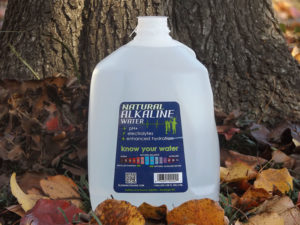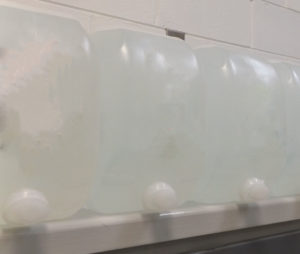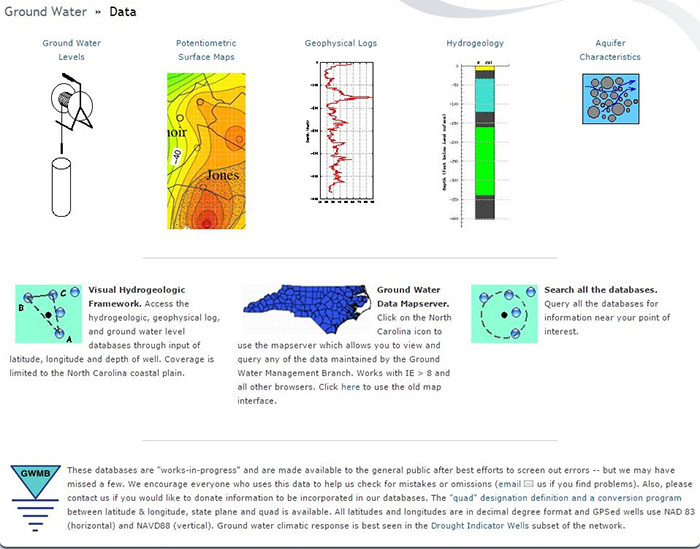Know Your Water
"Water is the essence of life for most animals and plants."

Water Classifications
 Drinking Water...Drinking water may be legally classified as any potable water (fit for drinking) which is extracted from an aquifer, reservoir, well or municipal source. Distilled water can be legally described as drinking water as well. How much water do you need? Click Here to find out.
Drinking Water...Drinking water may be legally classified as any potable water (fit for drinking) which is extracted from an aquifer, reservoir, well or municipal source. Distilled water can be legally described as drinking water as well. How much water do you need? Click Here to find out.Water Consumption
Below you will see where most water is consumed...Amazing!
| Livestock | 1% |
| Domestic Use | 1% |
| Mining | 1% |
| Aquaculture | 2% |
| Industry | 4% |
| Public Safety | 11% |
| Irrigation | 31% |
| Thermoelectric Power | 49% |

Do you know this about water?
- Water is the most abundant substance in the human body.
- It protects vital organs, tissue and skin.
- Water makes up the largest percent of body mass in your brain, blood and lungs.
- Water intake has to be consistent and plentiful. Proper hydration can boost energy levels and improve health and well-being.
- Water in the form of sweat removes harmful toxins from your body.
- Sleep disorders, to include insomnia, sleep apnea, restless leg syndrome, and a few more, deplete the body of water. Proper hydration is needed before falling asleep and upon waking up in order to maintain water balance and to prevent dehydration.
